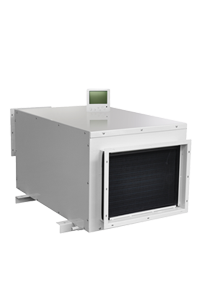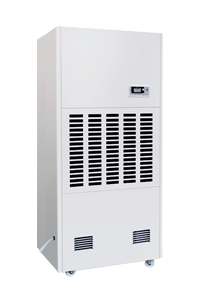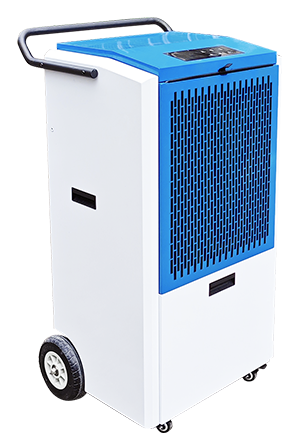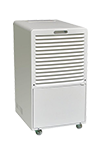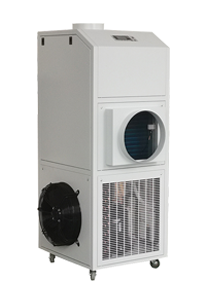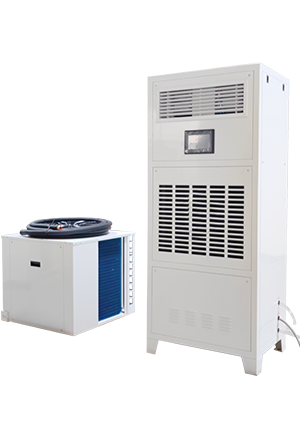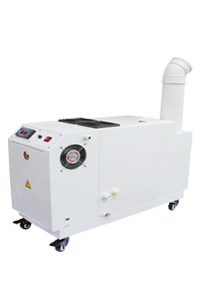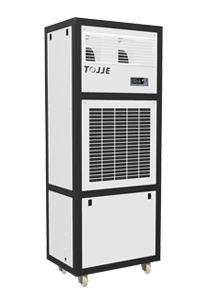News
Industrial dehumidifiers play a crucial role in maintaining the optimal environment within large-scale manufacturing facilities. These machines are designed to reduce moisture levels in the air, which can otherwise lead to a variety of issues that impact both equipment and product quality. Below is an outline of the key areas in which industrial dehumidifiers are essential for manufacturing:
1. Preventing Equipment Damage and Corrosion
Moisture Control: High humidity levels can lead to the rusting and corrosion of sensitive machinery, metal parts, and components. Industrial dehumidifiers ensure that the environment remains dry, which helps protect valuable equipment from long-term damage.
Improving Equipment Longevity: By reducing moisture, dehumidifiers extend the operational life of equipment, reducing maintenance costs and downtime.
2. Enhancing Product Quality
Preventing Moisture Contamination: In industries like pharmaceuticals, electronics, and food processing, excess moisture can lead to contamination, mold growth, or product degradation. Industrial dehumidifiers maintain consistent humidity levels, preserving product integrity.
Consistency in Manufacturing Processes: For industries that rely on precise manufacturing conditions, such as textile or paper manufacturing, maintaining proper humidity levels is essential for achieving consistent results.
3. Optimizing Energy Efficiency
Reducing Energy Consumption: By maintaining the right level of humidity, industrial dehumidifiers help optimize energy use, particularly in systems that rely on controlled environments. Dehumidifiers make HVAC systems more efficient by reducing the load on cooling equipment.
Lowering Operational Costs: With reduced energy consumption, businesses can save on utility bills and reduce operational costs.
4. Improving Worker Comfort and Safety
Preventing Excessive Humidity: High humidity in factories can lead to uncomfortable working conditions, potentially causing health issues for workers. Industrial dehumidifiers create a more comfortable and safer environment by controlling excess moisture in the air.
Minimizing Slip Hazards: Excess moisture can cause slippery floors in manufacturing facilities. Dehumidifiers reduce the risk of hazardous accidents, improving workplace safety.
5. Supporting Storage and Inventory Management
Protecting Materials and Inventory: Certain materials, such as wood, paper, and textiles, are highly sensitive to changes in humidity. Industrial dehumidifiers maintain stable conditions, ensuring that raw materials and finished goods remain in optimal condition during storage.
Preventing Mold and Mildew Growth: In warehouses or storage areas, dehumidifiers prevent the growth of mold or mildew, which can damage products and materials over time.
6. Enhancing Compliance with Industry Standards
Meeting Regulatory Requirements: Many industries have strict guidelines regarding environmental conditions. Industrial dehumidifiers help companies comply with regulations related to temperature, humidity, and air quality, ensuring that operations run smoothly and legally.
Industrial dehumidifiers are indispensable in large-scale manufacturing for ensuring product quality, enhancing equipment lifespan, and maintaining safe working conditions. By reducing moisture levels, these machines offer significant operational benefits, making them a critical investment for companies seeking to improve efficiency and protect their assets.

